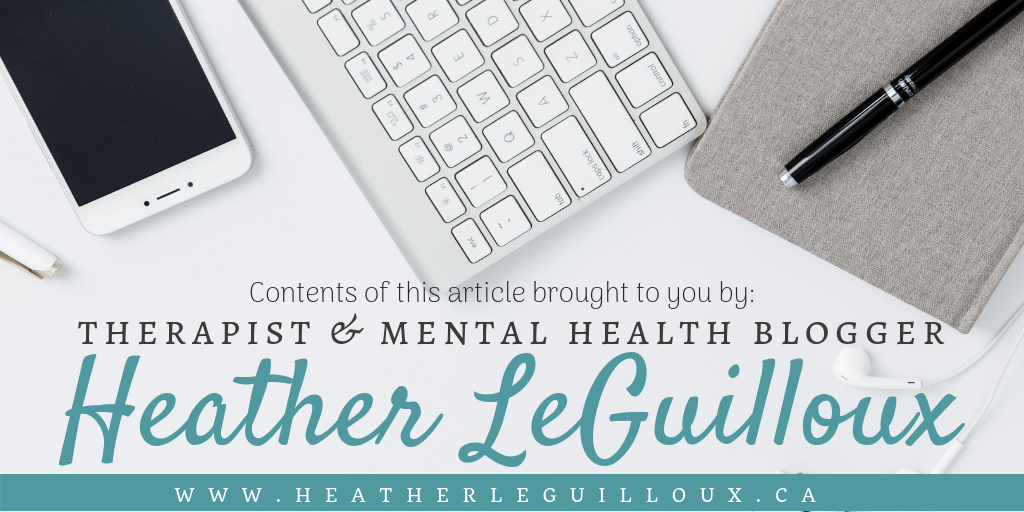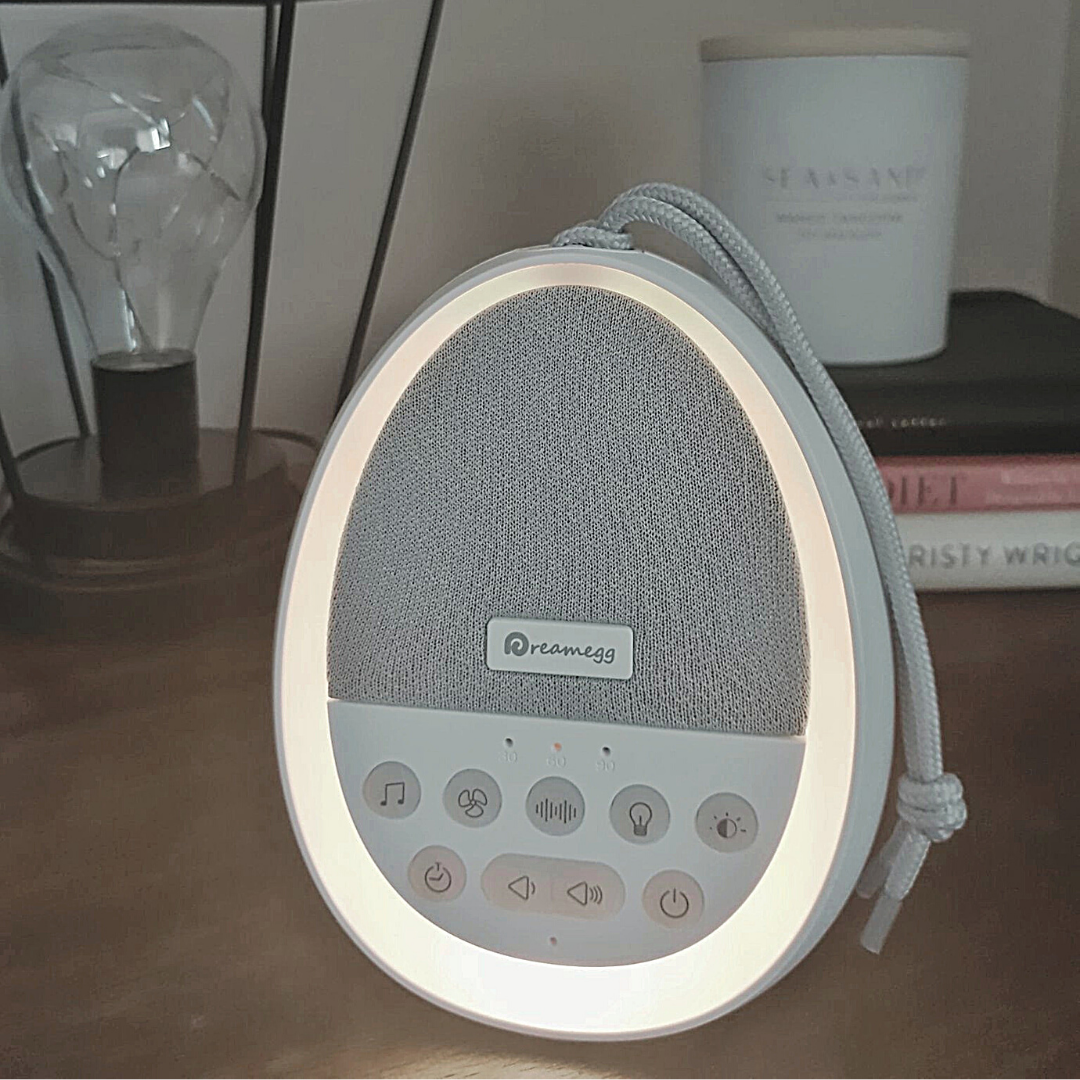|
|People have been chewing gum for as far back as 8,000 years. Ancient Greek people loved chewing gum made of mastiche tree resin as they found it cleaned their teeth and freshened breath. Mayans and Aztecs famously chewed chicle to suppress hunger and clean teeth. Even the Egyptians and Romans apparently chewed gum. Today, chewing gum is part of many people's daily routines, including my own. We might chew to freshen breath or deal with earaches, but there’s actually many more health benefits that accompany this activity. Research shows that chewing gum can benefit both the body and the mind. Chewing gum fights stress, boosts mood, sharpens concentration, and lowers anxiety. It can also help with frustrating anxiety and stress symptoms like digestive problems, nausea, and dry mouth. Let's dive into the details these five benefits. Please note: This collaborative article does not contain healthcare or therapeutic advice. If you are concerned about your health or well-being, speak with a health professional or visit your nearest medical facility in an emergency. 1. Decreases Stress, Boosts Mood We all feel stressed sometimes, but it became a bigger concern this year with lockdown measures changing everyday life. This was perhaps most notably felt among employees and students who are already inordinately stressed. Great Britain's Health and Safety Executive found that “in 2019/2020 work-related stress, depression or anxiety accounted for 51% of all work-related ill health". It also caused 55% of all days lost due to work-related ill health”. Not surprisingly, a 2005 report found “that 85% of students experienced tension and stress at exam time”. Work and study are the high stress components of a person's life, so it's no surprise that stress is a significant factor leading to ill health in these areas. Chewing gum reduces life stress, occupational stress, and may even improved chronic stress. Likewise, a Japanese study that looked for effective student strategies to tackle high stress found that daily gum chewing influenced the anxiety levels and mood of students. Did you catch the last benefit in that quote? This is great news for workers, students or any individual experiencing the often-times devastating impacts of stress in their lives. The simple act of chewing gum can mitigate stress while also improving mood - it's a win-win! 2. Improves Concentration Life can be full of distractions. Technology and social media take our time and attention from parenting, work obligations, and everything in between. Even if we are working at full capacity, a full to-do list can feel overwhelming and impossible to tackle. Finding an aid to improve concentration can be key, and it has been found that chewing gum can actually help. A 2015 research paper found that chewing gum has an “alerting effect”, causing enhanced sustained attention (also known as your ability to focus on one task for a long time without being distracted). Chewing gum has also been shown to enhance productivity and and lessen cognitive errors among university staff and students in self-report assessments. Imagine working more productively and making less errors, all from a piece of gum! This is great news. Interestingly, further research may even warrant chewing gum to be associated with modifying cognitive function. So the next time you're having a tough time concentrating, try chewing a piece of gum to help focus your mind and boost your productivity. 3. Lowers Anxiety Anxiety can have negative impacts on the physical, psychological and social areas of a person's life and can impact each individual differently. Thankfully, there are many treatments and strategies that can help to lower anxiety. It's important to try different ways of coping, and chewing gum has been shown to help. Studies have also shown that chewing gum can decrease anxiety and lessen depression and fatigue. It is unclear how exactly chewing gum affects the brain, but many experts propose that the chewing motion increases cerebral blood flow, and thus brain activity. Some activities to include while chewing sugar free gum to reduce anxiety:
What activity can you combine with chewing gum to help lower your own anxiety? Share in the comments below! 4. Aids in Digestion When you’re nervous do you feel queasy or get a butterflies in the stomach feeling? If you have an anxiety disorder have you experienced nausea and gut related issues? This happens because the brain and your body are linked. Previously, the mind and body were seen as separate entities working within two distinct systems. They were treated within a medical model without an emphasis on mental well-being. Nowadays, we understand that emotional health is an important component to an individuals overall health and well-being. The Anxiety & Depression Association of America says “when you are anxious, some of the hormones and chemicals released by your body enter your digestive tract, where they interfere with digestion". This can result in a range of gastrointestinal issues because of a reduction in gut flora which are the micro-organism that naturally live in the digestive tract and help with digestion. You can experience some major stomach issues from depression and anxiety, including indigestion, stomach cramps diarrhea, constipation, loss of appetite, unnatural hunger, nausea, Irritable Bowel Syndrome (IBS) and peptic ulcers. This mind-body connection goes both ways. Experiencing stomach problems can also heighten mental health issues. Chewing gum helps both sides of the gut-brain connection. We’ve already discussed how chewing gum improves anxiety, but it also helps your digestive system. Chewing gum stimulates saliva flow in the mouth, which then builds up the helpful acids and enzymes in one’s stomach. With the acid and enzymes present, the body digests more efficiently. 5. Additional Health Benefits Chewing gum helps treat your anxiety in other ways too. If you’ve ever experienced nausea and dry mouth when you’re anxious, chewing gum can help with these symptoms! A pilot trial on nausea after surgery found chewing gum was as effective as leading anti-nausea drug, ondansetron. In fact, they found that 75% of gum chewers felt fully better within 10 minutes. Further studies recommend chewing gum for nausea as it’s cheap, effective, and convenient for its lack of side effects. Dry mouth, caused by not enough saliva, is unpleasant. It can cause discomfort chewing, eating, swallowing, and talking and may lead to bad breath, tooth decay and oral infections. Luckily, chewing sugar free gum treats dry mouth by targeting the problem – saliva production. According to the American Dental Association, the act of chewing gum boosts saliva production 10-12x. Saliva is also crucial in fighting cavities and tooth decay. As those with anxiety and depressive disorders have greater dental decay and tooth loss, chewing sugar-free gum can be a great preventative tool. These results show just how effective chewing gum can be for your mental health, including helping to lower your experience of anxiety. It turns out people in history have some health practices that are still useful today. I wonder which of these benefits Ancient Egyptians and Mayans knew, that have been lost to history! I hope this article helps you understand the benefits of chewing gum for your health and well-being. Your health is important and I appreciate the time you have taken to read and think about the benefits of chewing gum on your mind and body! The links on this page may be embedded with affiliate links that I am compensated for at no additional cost to you. Want to start your own blog? Click here to learn how!
Comments are closed.
|
Welcome to the blog!↓ That's me, Heather. :)
MENTAL HEALTH RESOURCE VAULTGreat!Check your email for instructions on how to access the Mental Health Resource Vault. Categories
All
Popular Posts// 25 Positive Mindset Quotes
// Self-Care Bullet Journal Spreads // 7 Ways Your Physical Health is Connected to Your Mental Health |






 RSS Feed
RSS Feed
















